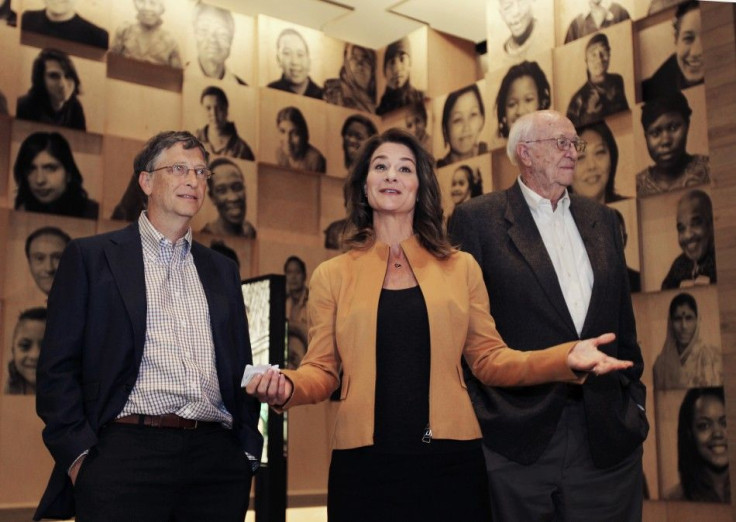Bill & Melinda Gates Foundation 'Reinvent The Toilet' Project Invests In China To Explore The 'Power Of Poop'

The Bill & Melinda Gates Foundation is a grant-making organization that promotes research and problem solving initiatives locally in the United States and all over the world. Most recently, the foundation has announced a focus on re-engineering the common toilet with the help of Chinese researchers.
The foundation announced on Thursday a scientific effort to extend a Seattle-originated project, Reinvent the Toilet Challenge, to China, which aims to help make toilets and sewage systems more environmentally friendly, economical and effective. The China branch of the project is valued at $5 million, allocating anywhere from $100,000 to $500,000 to grant awardees who are selected to explore what the China Daily is calling “poop power.”
Professor Li Zifu at the University of Science & Technology in Beijing, has been put in charge of the spearheading the research and overseeing new toilet designs. Dr. Doulaye Kone, a senior program officer of water, sanitation and hygiene for the Gates Foundation says that the focused attention in China will hopefully bring out the country’s top talent and inventors. “China is the first country we have launched such an independent grant, and we hope this will improve access among Chinese inventors to the project.”
The project has been an ongoing effort by the Gates Foundation, started globally in July of 2011. Kone revealed, that for various reasons, the foundation didn’t receive a lot of applicants from China. While the language barrier was a likely contributor, the foundation believes that using Chinese research and innovations would be the best option for practical implementation in the area. “The China project is expected to produce designs which better meet demands in China and other developing countries across the world,” Kone explained.
While it was researchers at Pasadena-based Caltech that received a $100,000 first prize for their solar-powered toilet design, which transforms waste product into hydrogen gas and electricity, a Chinese invention may be well-suited for emerging markets.
A report by Xinhua News Agency sheds light on just how necessary a ‘toilet revolution’ would be. According to the report, 40 percent of the world’s population—roughly 2.5 billion people—do not have proper sanitation or sewage facilities and practice open defecation.
China in particular has struggled with giving adequate access to hygienic toilets to its population. Speaking to Xinhua, Zhang Yong, a senior official with the disease control and prevention department of China’s National Health and Family Planning Commission said that as of 2012 about 30 percent of rural Chinese didn’t have access to hygienic toilets.
“China aims to raise the percentage of rural residents using hygienic toilets to 75 percent by 2015 and 85 percent by 2020,” Zhang said, adding that the government body would be willing to promote the use of inventions that come out of the project that they believe are suitable for their development.
“The consequences can be devastating for human health as well as the environment,” Kone said, adding that statistics show that 1.5 million child deaths are caused by diarrhea each year, which is linked to poor sanitation. Particularly affecting those in developing areas, chronic diarrhea can impede child development and absorption of medical vaccines.
© Copyright IBTimes 2025. All rights reserved.






















